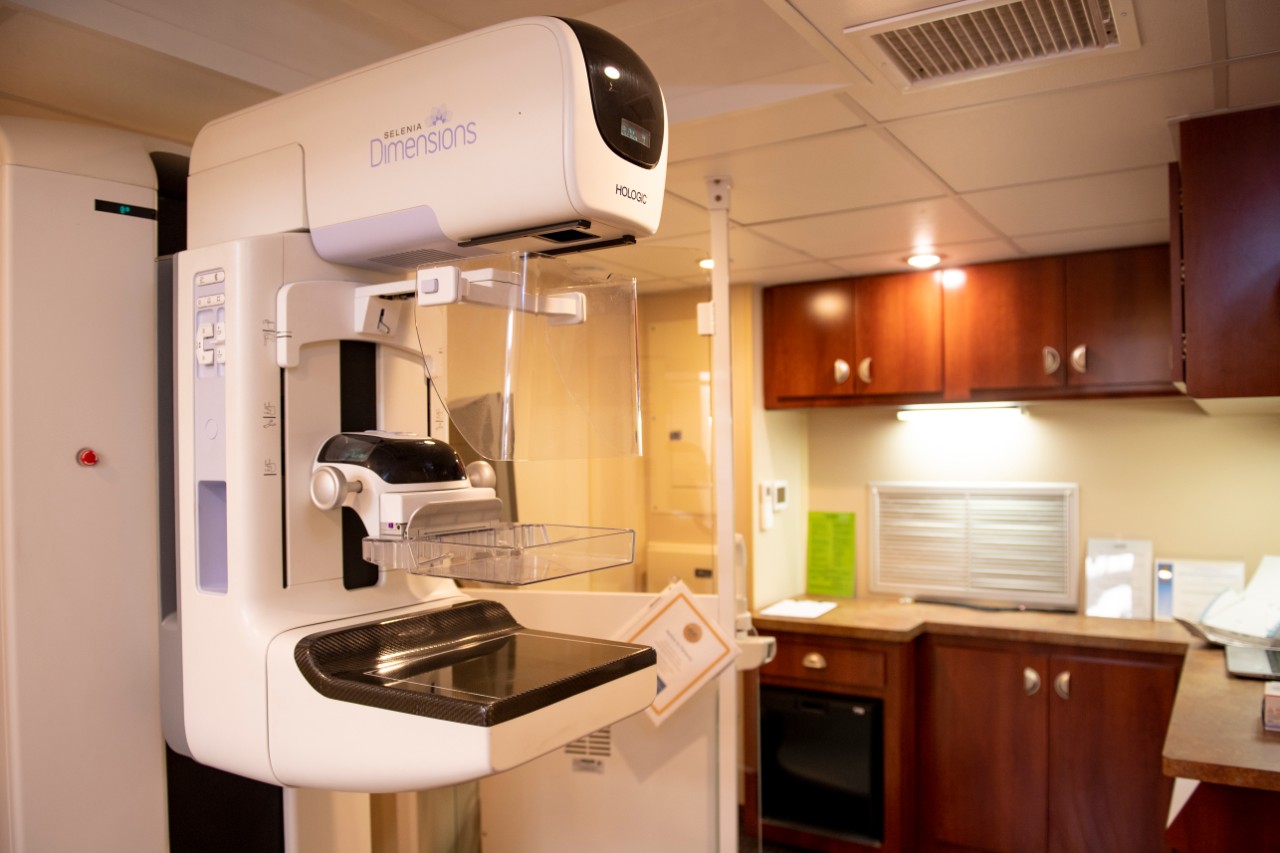
WLWT: A change in mammography standards could help save lives
A new Food and Drug Administration policy will soon require health care providers to tell women if they have dense breast tissue, a trait that can make cancer harder to detect. The move is aimed to support prevention, early detection and treatment of breast cancer.
The announcement also follows advocacy from patients, lawmakers and University of Cincinnati Cancer Center physicians that led to the passage of Ohio House Bill 371, which requires insurance companies to cover additional screenings for individuals who are at high risk for breast cancer or have dense breast tissue.
Erich J. Boomgarden, MD, assistant professor in UC's College of Medicine and a UC Health radiologist, told WLWT mammography is still the standard of care, but additional MRI or ultrasound screenings can help see through dense breast tissue.
"If you get your screening mammogram, and assuming it comes back negative, meaning there was nothing suspicious in there, we would recommend getting a supplemental screening in six months," Boomgarden said. "We do that because it's helpful for us because again, by staggering it that way, then anything that may be developing, between the screening mammogram and MRI hopefully will be detected sooner then."
Featured photo at top of a 3D mammogram machine. Photo/Colleen Kelley/UC Marketing + Brand.
Related Stories
Bono, Chris Tucker Visit UC To Discuss Africa
December 5, 2002
U2's Bono and comedian-actor Chris Tucker led a delegation from the DATA organization who came to UC to talk about potentially catastrophic problems in Africa.
New Year's Help for Those Looking to Kick the Habit
December 20, 2002
Quitting smoking consistently ranks among the top three resolutions made by New Year's resolvers each year.
E-BRIEF: Let's Toast to a Healthier 2003
January 8, 2003
The New Year often means a new health kick: Vows to tone up and trim down, and maybe going to the doctor and getting ourselves as regularly "maintenanced" as we do our cars. So, this week's University of Cincinnati e-briefing examines the health concerns of the young and old, and what you should be doing to preserve your good health.
